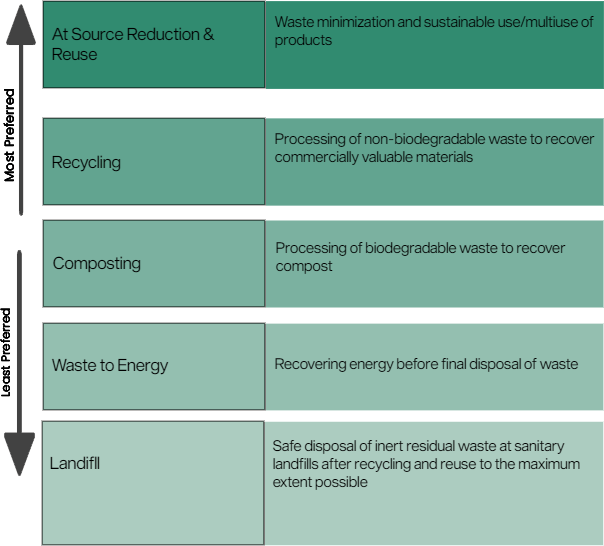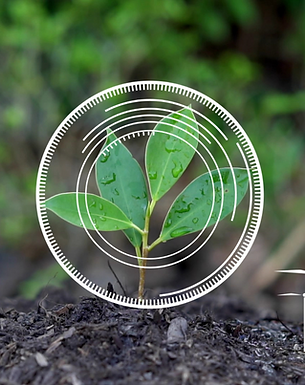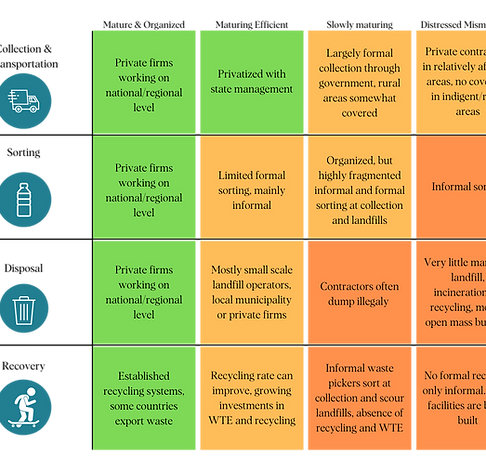There is an old saying which is more than relevant in today’s world. “Waste not, want not”. As global leaders and local communities are increasingly calling for fixes for the “throwaway culture”. However beyond individuals and households, waste does pose a persistent challenge that affects human health, environment, livelihood, and prosperity.
“Poorly managed waste is contaminating the world’s oceans, clogging drains and causing flooding, transmitting diseases, increasing respiratory problems from burning, harming animals that consume waste unknowingly, and affecting economic development, such as through tourism,” said Sameh Wahba, World Bank Director for Urban and Territorial Development, Disaster Risk Management and Resilience.

The Need Of The Hour

Financing Waste Management
Solid Waste Management is a significant challenge today. Regional governments are ramping up the financial infrastructure to support sustainable models.

Reducing Carbon, Increasing Resilience
Improving waste management will allow localities to be resilient to extreme climate occurrences, displaces ecosystem and damage infrastructure

Focus on Data, Planning & Infrastructure
With a focus on data, local authorities can make crucial waste management financing, policies and infrastructure

Organization and Efficiency of Waste Management Value Chains




- Supporting major waste-producing municipalities to reduce consumption of plastics and marine litter through comprehensive waste reduction and recycling programs
- Reducing food waste through consumer education and awareness programs
- Providing finances to municipalities most in need, especially the fastest-growing localities to develop state-of-the-art waste management systems
